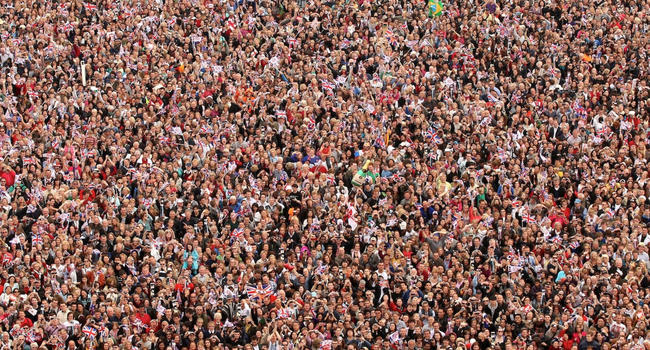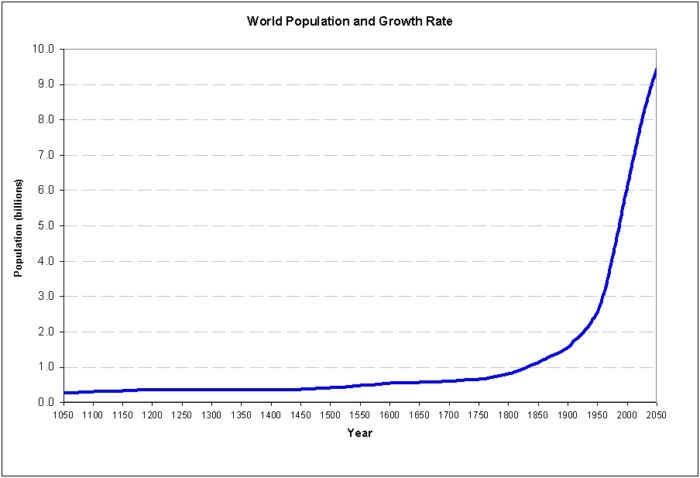Imagine the relief of 3.7 billion people
Walking around my neighborhood during Thanksgiving, the streets are nearly empty, the city quiet. I can think with less interruption. There’s still too much litter from too many people buying disposable things.
Various sources tell me that without artificial fertilizer, which require fossil fuels, the Earth can support a population of 3.7 billion people. Since we can’t use fossil fuels forever, I don’t know how we think we’ll get by with more people than food to feed them, but people don’t think that far ahead.

Imagine, though, a world back to 3.7 billion people. Every environmental problem you can think of becomes easier or goes away. There’s more space, more fresh air, clean water, and clean land. We can all lead lives of abundance.
When did you last take a vacation and get away from people? I love people, but getting away from them has become nearly impossible. You can do it, but it takes work or is unpleasant. You’ll probably contribute to turning any remote but hospitable place into a tourist trap. Forget about it in a popular place.
Imagine on top of having twice as much space, global culture had figured out a way to keep the population stable at that level. It has to level off at some point. Why not where we can live comfortably, not so people who like steak have to eat cricket instead?
Most people object to a smaller population not because they wouldn’t prefer that world but because they can’t imaging getting there. They only know China’s One Child policy or some eugenics program, not how cultures have voluntarily lowered populations to achieve stability, lower poverty, and achieve outcomes everybody prefers. Sadly people don’t know about them as much. Look at my posts and episodes about Mechai Viravaidya, to learn more. He’s the tip of the iceberg.
More geniuses
Some say we should have more babies to create more geniuses, not realizing that overcrowding stifles people’s development. Imagine Mozart being born in New Delhi today. He wouldn’t be able to breathe clean air let alone develop his talents.
For that matter, Einstein was born to a world of about one billion people, Aristotle to a few hundred million. They seemed to have figured some things out pretty well.

Read my weekly newsletter

On initiative, leadership, the environment, and burpees
Pingback: Envisioning a more open world: an exercise » Joshua Spodek